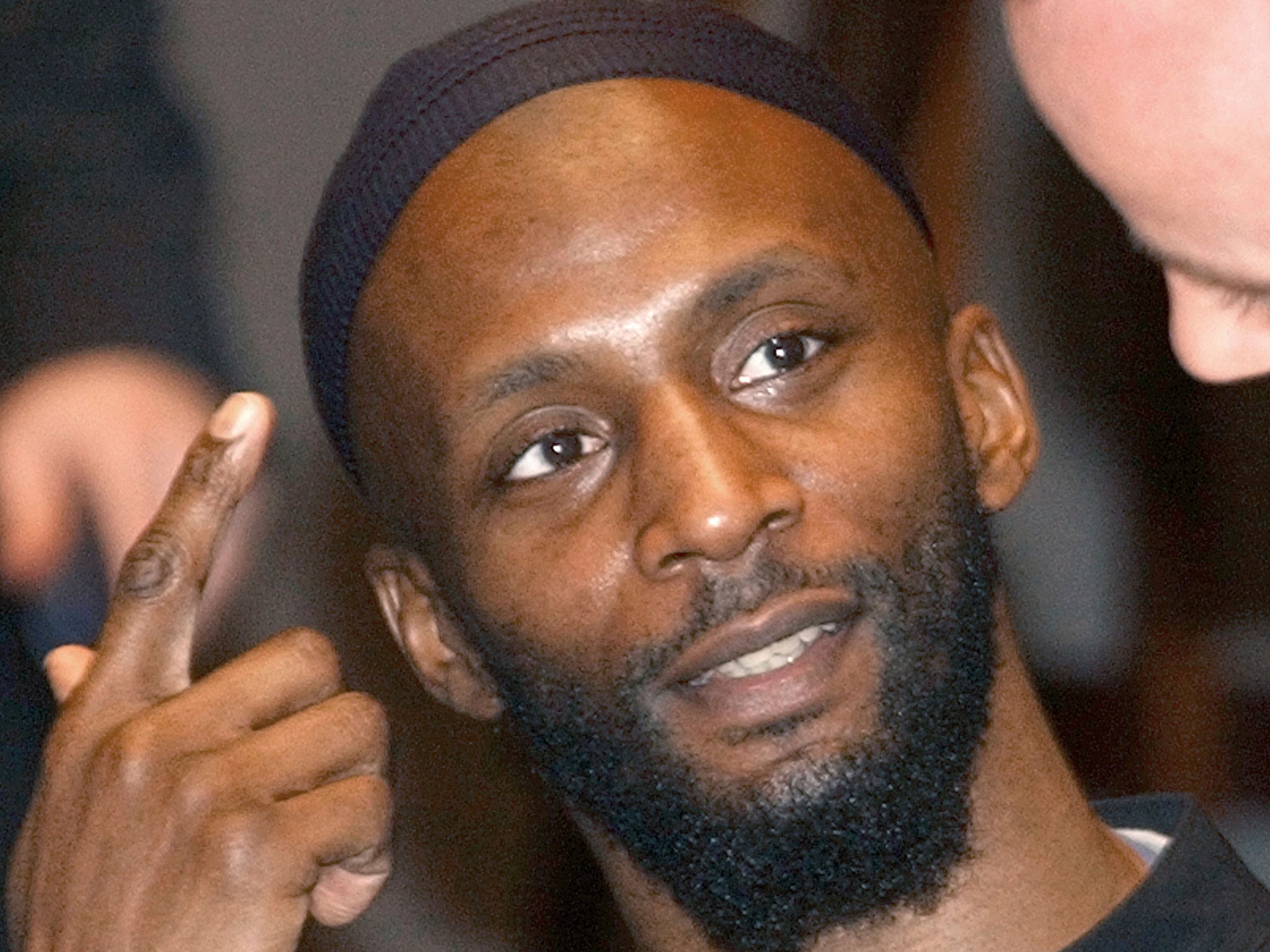Did the security services demonstrate incompetence in their handling of Jamal al-Harith?
If they could have delayed or prevented Harith's trip to the Middle East they would have saved many lives – even though he might have chosen instead to commit his act of jihad on UK soil

Your support helps us to tell the story
From reproductive rights to climate change to Big Tech, The Independent is on the ground when the story is developing. Whether it's investigating the financials of Elon Musk's pro-Trump PAC or producing our latest documentary, 'The A Word', which shines a light on the American women fighting for reproductive rights, we know how important it is to parse out the facts from the messaging.
At such a critical moment in US history, we need reporters on the ground. Your donation allows us to keep sending journalists to speak to both sides of the story.
The Independent is trusted by Americans across the entire political spectrum. And unlike many other quality news outlets, we choose not to lock Americans out of our reporting and analysis with paywalls. We believe quality journalism should be available to everyone, paid for by those who can afford it.
Your support makes all the difference.With some terrorists there are few, if any, warning signs, little intelligence and thus virtually no opportunity for the authorities to do anything to prevent an attack. Some on the security services have sought to make the case that Jamal al-Harith was one such individual, or as close enough to it to make adequate surveillance of him disproportionate to the threat he posed – which was deemed minimal.
The fact that he had been held unlawfully at Guantanamo, had been released and never faced any charges, let alone gained a conviction for any crime, is the fundamental reason why he obtained his official compensation. That provides some explanation, if not justification, for the failure to monitor his activities.
Why would the state snoop on someone who has, officially, done nothing wrong? How could the authorities have stopped him in any case if he wasn’t in custody? How are they to know he was undergoing radicalisation?
Those points have been well made. It is also fair to say that Guantanamo’s excesses were responsible for driving many to the further reaches of extremism, such as the former Ronald Fiddler. Thus, Harith plainly did pose a threat to life, when he blew himself up near Mosul. At some point, we now know, Harith was going to commit such an action – and it could have just as easily been in Britain.
Hindsight is not issued as standard equipment to operatives in the British security services; but, according to David Blunkett, the regime of automatically putting those released form Guantanamo under surveillance was reversed after the Conservative-Liberal Democrat Coalition took power in 2010. Harith’s murderous mission, Lord Blunkett is strongly implying, is something that would not have happened on New Labour’s watch. Even discounting for a degree of self-serving partisanship, there are indeed questions to be asked of the person who was Home Secretary at the time these policies were being revised – one Theresa May.
Even if such surveillance wasn’t practical, or had Harith evaded it in some way in any event (security is never perfect), there is the fresh allegation that the authorities failed to block the terrorist path to Syria that Harith, and no doubt others, took a few years ago. This represents a much more serious claim of incompetence, and poses some further difficult questions about the diligence of the security services.
Once again they have not been able, or chosen not, to put their side of the story publicly. Perhaps it would be unwise for them to do so. We also know that they succeeded in thwarting many terror attacks in this country and abroad. Even so, if they could have delayed or prevented Harith's trip to the Middle East they would have saved many lives, even though he might have chosen instead to commit his act of jihad on UK soil.
Like so much else about Harith we can never know the answer to that, but there is much more to learn about how the police and intelligence services deal with the apparently “low risk” threats in our midst today. In return, the authorities would be right to enquire of the tax-paying public how much they are prepared to pay to ensure their safety, and to remind them that only the most totalitarian of measures can deliver a society free of terrorism.
Join our commenting forum
Join thought-provoking conversations, follow other Independent readers and see their replies
Comments